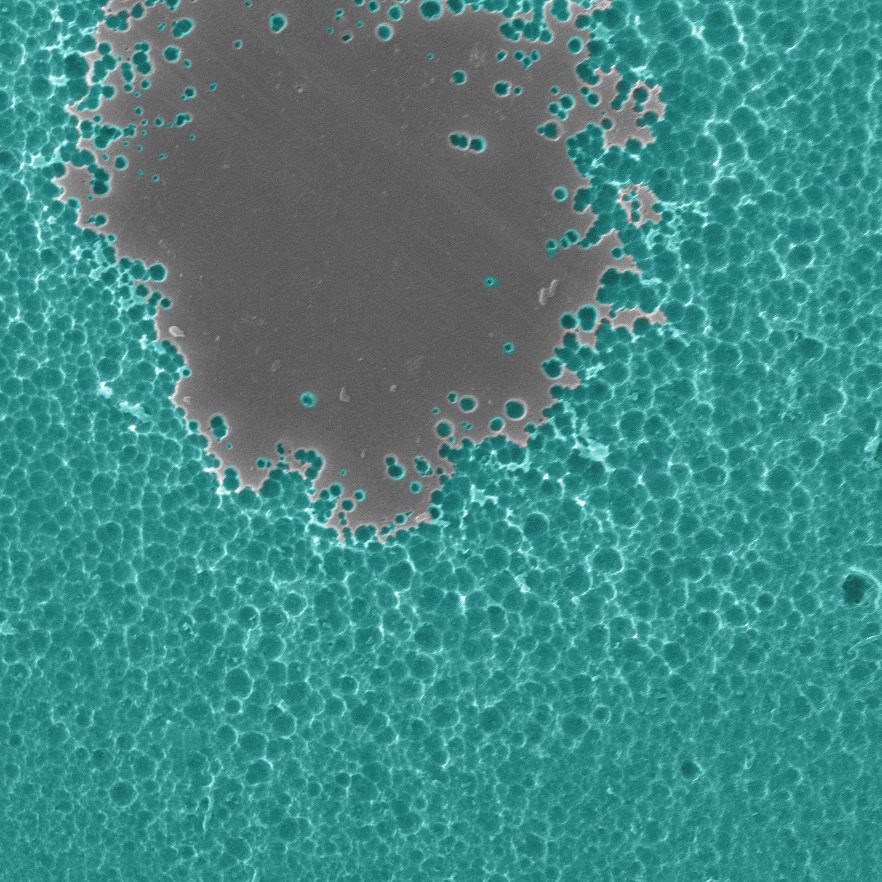In what could be a major ecological breakthrough, scientists have accidentally invented a mutant enzyme that likes to feast on PET plastic.
We love 3D printing, but it’s sometimes hard to reconcile the joy of fabricating a 3D object with the plastic waste that is generated. Trial and error is the nature of the hobby — at least in the early stages — and the bin soon fills up with broken bits of ABS, PLA and PET.
Take heart then, in a new study published in the Proceedings of of the National Academy of Sciences. A team of international scientists announce they have accidentally created a new type of enzyme capable of breaking down plastic bottles.
Yes, that’s right, they did it by accident.
The origins of the new study are tied to the 2016 discovery of a bacterium in a Japanese waste dump that had evolved to use PET (polyethylene terephthalate) as an energy source. PET is commonly used in the production of 1 million soft drink bottles sold every minute around the world.
The team of scientists originally began tests to see how the bacterium, Ideonella sakaiensis, managed to produce an enzyme capable of degrading PET. But then an unexpected surprise took place; those tests inadvertently made the enzyme even more effective at degrading PET.
The resulting mutant enzyme, called PETase, now takes just a few days to break down PET, compared to the 450 years it requires for it to degrade naturally.

Mutant Enzyme to Augment Plastic Recycling Efforts
This new development could finally allow us to fully recycle plastic bottles for the first time; it won’t put a stop to plastic pollution, but it should certainly slow down the rate at which it’s piling up in our landfills and oceans.
“Serendipity often plays a significant role in fundamental scientific research and our discovery here is no exception,” said Professor John McGeehan, at the University of Portsmouth, UK, who led the research.
“Although the improvement is modest, this unanticipated discovery suggests that there is room to further improve these enzymes, moving us closer to a recycling solution for the ever-growing mountain of discarded plastics.”
The researchers are now working on improving the enzyme further to allow it to be used industrially to break down plastics in a fraction of the time.
“The engineering process is much the same as for enzymes currently being used in bio-washing detergents and in the manufacture of biofuels,” explains Professor McGeehan.
“Rhe technology exists and it’s well within the possibility that in the coming years we will see an industrially viable process to turn PET and potentially other substrates like PEF, PLA, and PBS, back into their original building blocks so that they can be sustainably recycled.”
And with this exciting development, 3D printing enthusiasts have one more reason to feel good about their hobby.
Source: University of Portsmouth News
Website: LINK
Schreibe einen Kommentar
Du musst angemeldet sein, um einen Kommentar abzugeben.